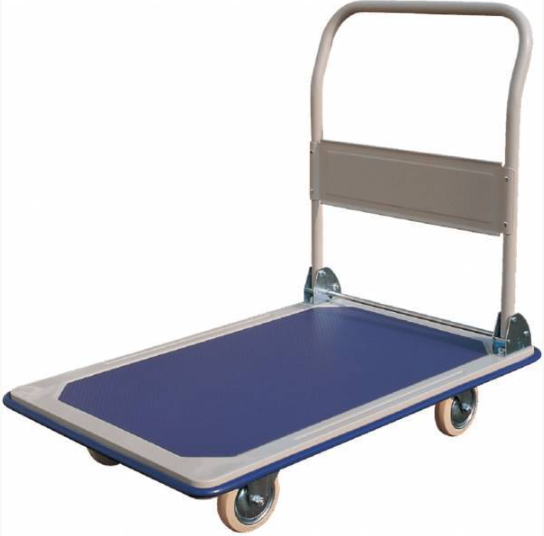The human body experiences some symptoms when quitting alcohol or drugs, which is described as withdrawal. The withdrawal symptoms are both physical and psychological. When you take substances for longer period, they change the brain’s chemistry over time and affect the life quality.
If you are looking for the best addiction centers in California, U.S., you must visit Concise Recovery Center. They provide an expert team who can find the primary reason for addiction and helps to find the triggers as well as establish positive thinking.
Is withdrawal dangerous?
It is essential to know the facts like how dangerous withdrawal is to attain sobriety and lead a peaceful life. When you take drugs for the long term the body becomes dependent on substances to function. When they are removed suddenly from the body, your body may get into a shocking state. In such a case, a few functions may shut down.
For instance, benzos withdrawal can lead to heart tremors, vomiting, panic attack, so on. So, it’s hard to predict the reaction of the body to stopping the intake of drugs or alcohol. Plus, when you quit substances the body experiences discomfort and pain. Most people will bear it for some days, later they will restart taking them due to intolerance.
Kinds of Withdrawal
There are 2 kinds of withdrawal as per SAMHSA (Substance Abuse and Mental Health Services Administration). They include:
Acute withdrawal
It is the preliminary response of the body after stopping the intake of the substance. Acute withdrawal symptoms start immediately when the body enters this phase and lasts for many weeks. The period of acute withdrawal varies from one substance to the other such as Nicotine 2 to 4 weeks, alcohol 5 to 7 days, and so on.
Protracted withdrawal
If the symptoms last for long-term or reappear after stopping drugs, then it is labeled as chronic withdrawal or protracted withdrawal. This is the major factor in the relapse.
Symptoms of dangerous withdrawal
A few drugs develop more dangerous withdrawal symptoms. Withdrawal of alcohol, opiate, and benzodiazepine is life-threatening. Seeking the assistance of professionals can help to break the addictive substances’ grip better.
The following are a few examples of dangerous withdrawal symptoms caused by opiates, alcohol, and benzos.
Benzos withdrawal
- Seizures
- Dry mouth
- Breath shortness
- Diarrhea
- Heart palpitations
- Panic attacks
- Hypertension
Opiate withdrawal
- Insomnia (sleep disorder)
- Rapid heartbeat
- Irritability
- Muscle aches
- Runny nose
- Anxiety
- Rapid detox
Alcohol withdrawal
- The overactive nervous system, leads to brain damage
- Hallucination
- Increase heart rate
- Delirium tremens (DTs)
- Seizures
- High blood pressure
Nicotine withdrawal
- Weight gain
- Anxiety
- Headache
- Dizziness
- Depression
Cannabis withdrawal
- Appetite loss
- Night sweats
- Bad dreams or nightmare
- Tension and anxiety
- Depression
Stimulants withdrawal
- Slow thoughts
- Hypersomnia
- Lack of slow movement
- Anxiety
- Depression
- Increased appetite
If you are struggling with severe addiction or dangerous withdrawal symptoms, seek medical help immediately. Many rehab centers provide treatment plans to help with addiction. From those, choose one that offers a customized approach and book your appointment today to make the process of recovery easy and lead a happy life.











